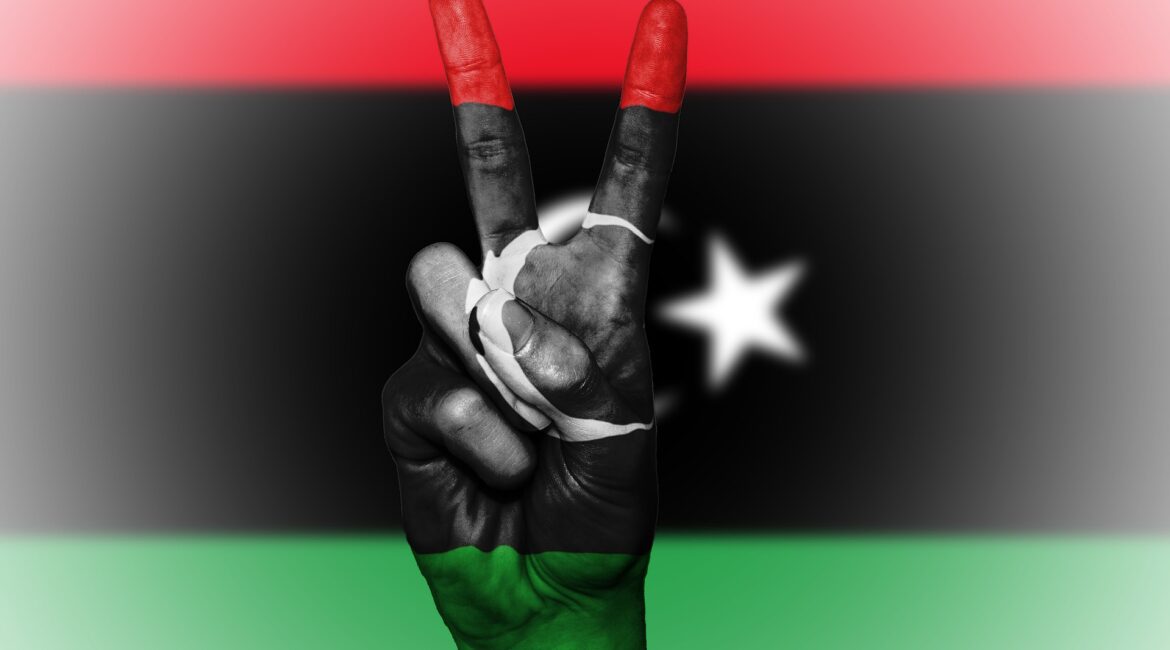Libya's presidential election, meant to help unify the nation after a decade of civil war, is supposed to take place in just over a week, but calls are mounting for a delay. The vote, scheduled for December 24, is to choose Libya's first president since the ouster and killing of dictator Moammar Gaddafi, more than a decade ago.
Nearly 100 people have announced their candidacies, but the election commission has still not announced a final list of candidates because of legal disputes. It should have announced the list earlier this month. The rules governing the election are also in dispute, with western Libya politicians accusing the east-based parliament of adopting them without consultations.
Libya plunged into chaos after Gaddafi's death during a 2011 uprising backed by a US-led NATO military campaign. Control splintered among a countless of armed militias. For years, the country was split between rival administrations in the east and the west, each backed by militias and foreign governments. The current political process emerged last year after the latest round of brutal fighting.
In April 2019, the eastern-based military commander Khalifa Haftar launched an offensive aimed at capturing the capital, Tripoli, and bringing down the U.N. recognized government based there. Haftar was backed by Russia, Egypt and the United Arab Emirates. Turkey and Qatar responded by stepping up support for pro-Tripoli militias, supplying them with advanced weapons and providing troops and Syrian mercenaries.
After 14 months of fighting, Haftar's offensive collapsed. After a U.N.-brokered cease-fire in October 2020, a grouping of Libyan factions called the Political Forum drew up a road map that led to the creation of an interim government to run the country until the December 24 election.
In a last-minute effort to save the elections, U.N. Secretary-General Antonio Gutierrez named American diplomat Stephanie Williams, who led the talks resulting in the October 2020 cease-fire deal, as his special adviser on Libya.
The polarization around the election only grew hotter after both Haftar and Seif al-Islam Gaddafi, the son and one-time heir apparent of the long-time dictator, announced their candidacies. The prime minister of the interim government, Abdul Hamid Dbeibah, also caused an uproar when he announced his bid to enter the race. When he took his post, he had vowed not to run in the election.

